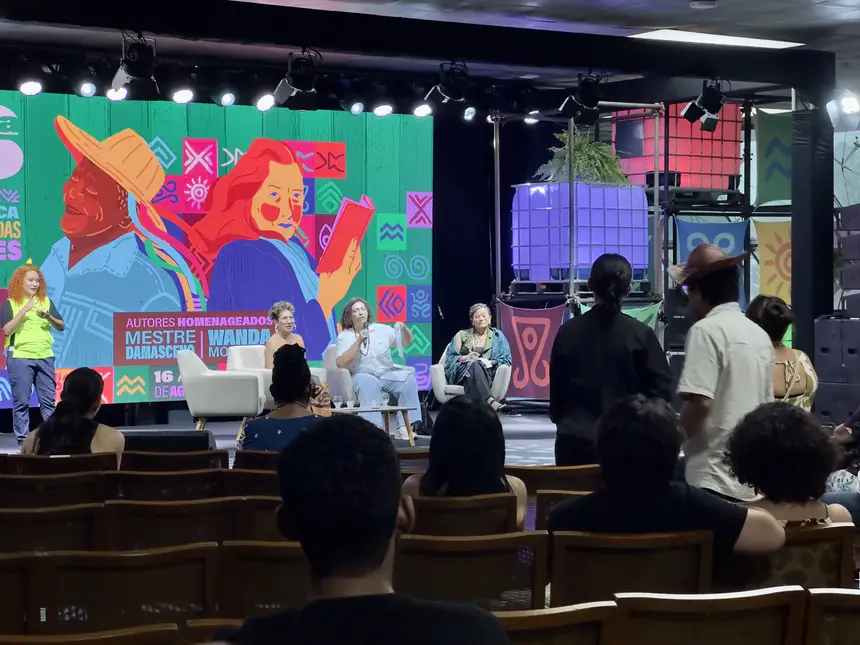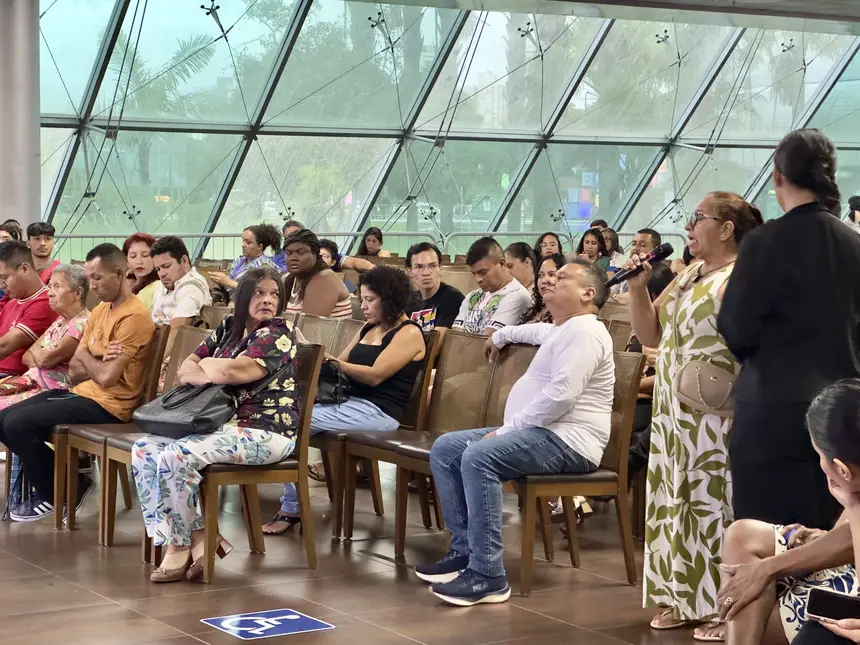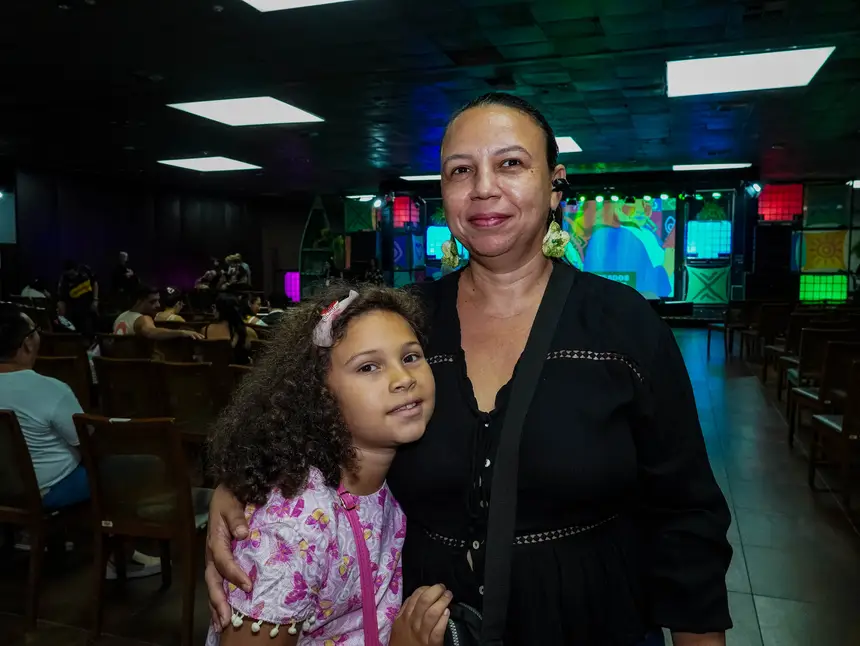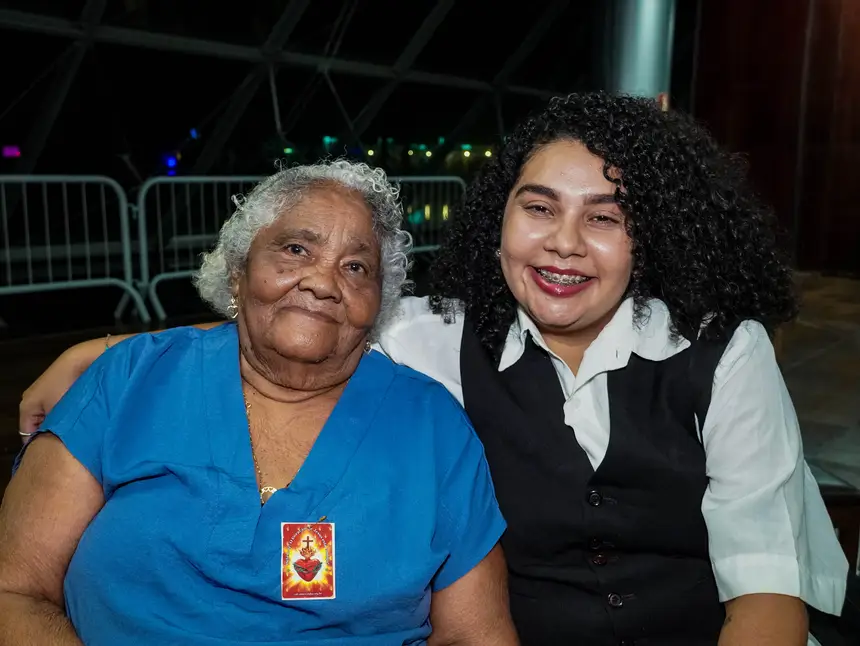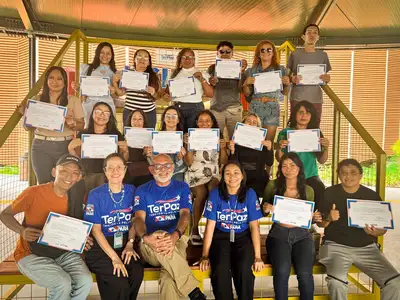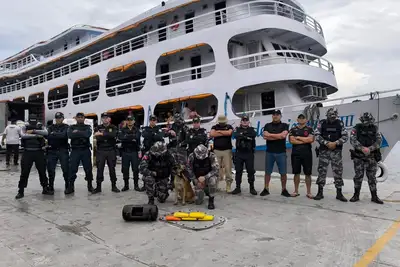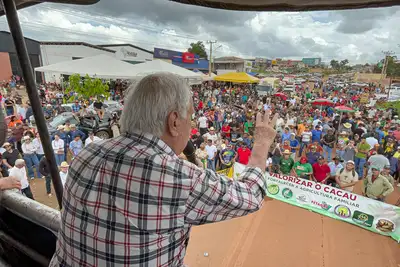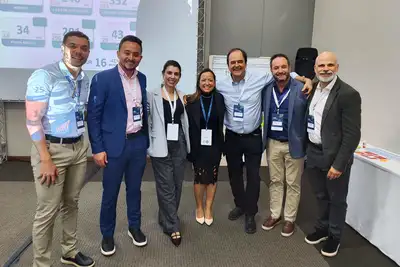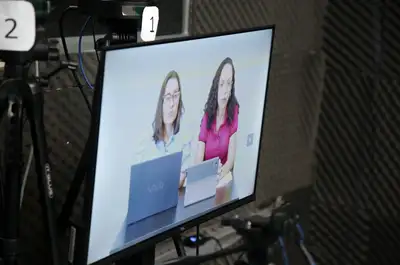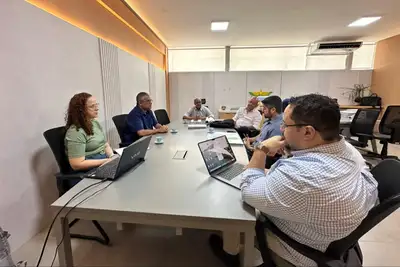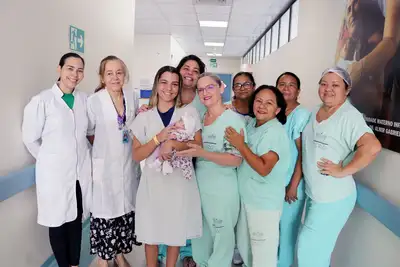Feminine Knowledge and Sustainability Mark Debates on the Second Day of the 28th Pan-Amazonian Book Fair and Multivoices
The audience attentively followed the reports, many of which were filled with emotion and reflections on the urgency of strengthening women's voices in the defense of the Amazon.
On Sunday (17), the 28th Pan-Amazonian Book Fair and Multivoices highlighted the Climate Voices, in a program specifically aimed at reflecting on the environmental and social challenges of the Amazon in light of the upcoming United Nations Climate Change Conference, COP 30, which will be held in Belém in 2025. In the Multivoices Arena, three discussion circles attracted a large audience during the afternoon: Climate, Culture and Popular Memory, Environmental Racism, and Women, Knowledge and Sustainability. The latter, held at 5:30 PM, brought together Chief Kátia Silene Akrãtikatêjê and researcher Auda Piani, in a dialogue mediated by Ayra Amana.
The discussion circle “Women, Knowledge and Sustainability” was marked by personal accounts, experiences of struggle, and reflections on the relationship between tradition, identity, and environmental preservation. Kátia Silene, the first woman to lead the Akrãtikatêjê village, highlighted how her community managed to combine the sustainable production of nuts, fruits, and fish with forest conservation, reinforcing the importance of maintaining the indigenous legacy in the face of external threats.
“I learned from my father, Chief Payaré, that it is possible to produce without destroying. The forest is our life, our home, and also our work. Today, what we do is ensure that new generations understand this and continue it,” said the chief, who recently received the “The Soul of Rurality” award from IICA for her leadership in defense of sustainable development and conservation.
Researcher and cultural producer Auda Piani shared her experience of over two decades of research on traditional knowledge, especially related to Amazonian cuisine. She presented reflections that inspired her documentary “Cooking in the Heat of Belém, Before the Rain,” where she follows women cooks from the capital of Pará in their daily lives. “Food tells stories, speaks of ancestry, resistance, and also adaptation. Culinary knowledge is part of cultural sustainability because it connects us to the past and helps us face current changes,” she emphasized.
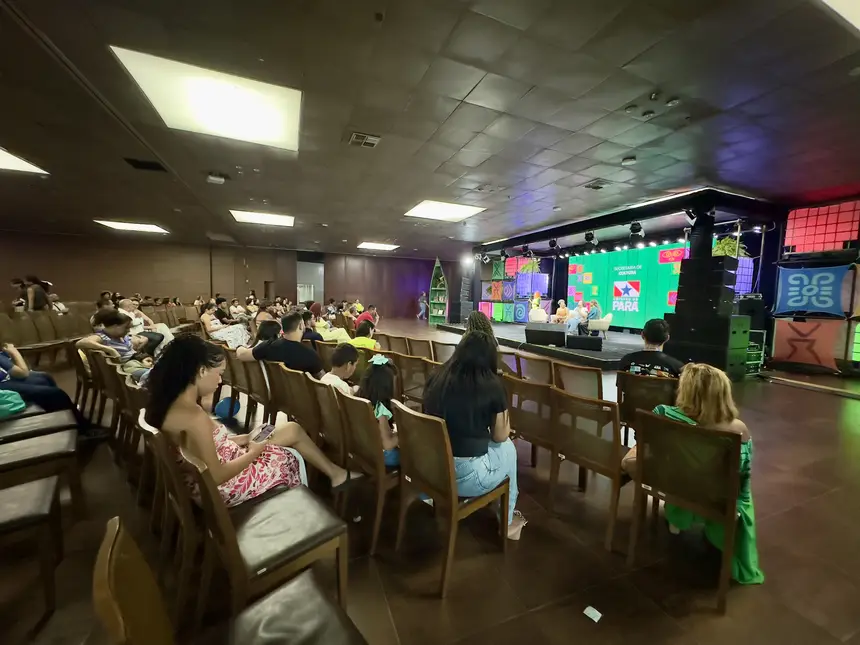
Learning - The audience attentively followed the reports, many of which were filled with emotion and reflections on the urgency of strengthening women's voices in the defense of the Amazon. For Professor Patrícia Passos, who attended the debate alongside her daughter Iza, the experience was one of collective learning. “It is very important to talk about ancestry and the climate issue, which is urgent. For my daughter, it is also a recovery of the family history, which has quilombola roots. These moments help to form awareness from an early age,” she said.
Social worker Isabelle Feio also highlighted the relevance of the program in times of preparation for COP 30. “It is essential that these debates are happening and that they are accessible to everyone. We are talking about food, territory, sustainability, and identity. And seeing different generations, like me and my grandmother, attending the fair together shows that knowledge is collective and needs to be shared,” she stated.
Environment - The afternoon debate cycle began at 3 PM with the discussion circle Climate, Culture and Popular Memory, mediated by Ruth Ferreira, and continued at 4:30 PM with the theme Environmental Racism, which brought together Edvânia Santos Alves and Jacqueline Guimarães, under the mediation of Mônica Conrado. In both meetings, discussions emphasized the impacts of climate change and social inequalities on traditional, quilombola, and riverside communities.
In the evening, the program continued with a chat between journalists Cristina Serra and Roberta Sodré. Cristina, author of works addressing environmental disasters such as Mariana and Maceió, emphasized the importance of discussing the topic in Belém, as the host of COP 30. “My literature is engaged, almost a guerrilla literature. The environment and politics are inseparable, and COP puts us in front of the need to reflect on decisions that directly impact people's lives,” she said.
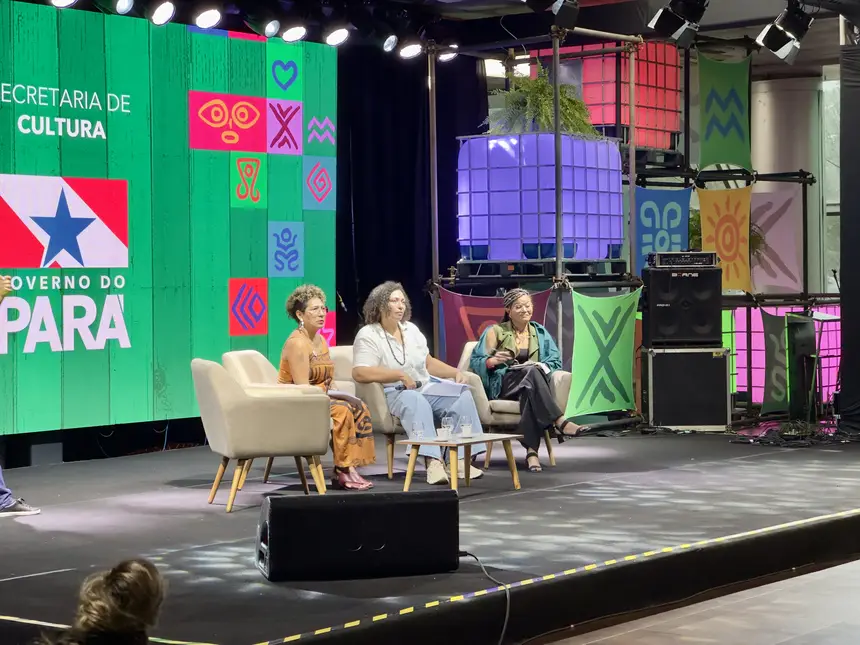
Cristina also stated that her work on social media allows her to present her books to the public, who acquire them and provide her with valuable feedback. “I receive messages from readers expressing the importance of my work. In a country like Brazil, I believe that those who write must take on this commitment. A commitment to oneself, with consciousness and integrity as a citizen. A commitment to the public and, above all, a political commitment to Brazil, with the belief that the country develops through education, culture, and reading,” she added.
About the Fair - The 28th Pan-Amazonian Book Fair and Multivoices runs until the 22nd, at the Hangar Convention and Fair Center of the Amazon, in Belém. This year, the event brings together more than 120 companies from the publishing sector, in addition to a broad cultural program that values the plurality of voices in the region. On the Sunday dedicated to Climate Voices, it became evident that the protagonism of women, traditional communities, and ancestral knowledge plays a central role in the debate about the future of the Amazon.


